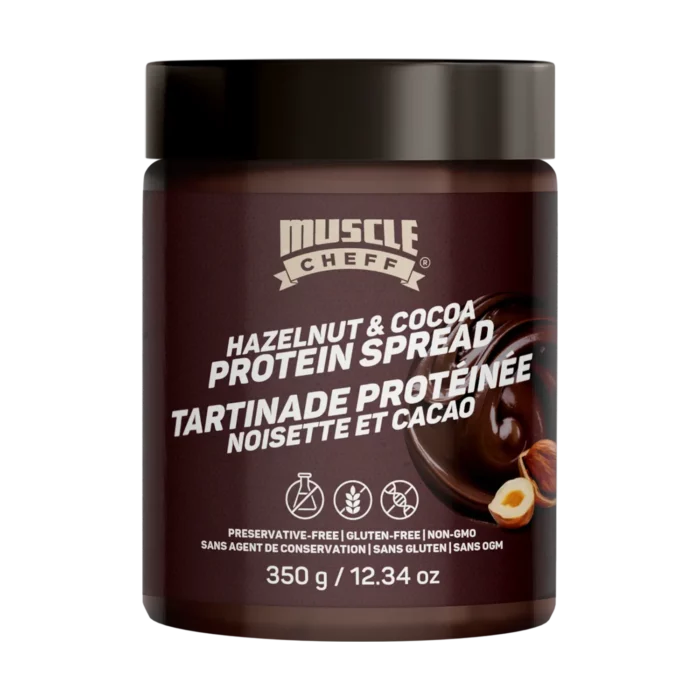Have you ever observed swelling in your hands, feet, or ankles? This swelling might indicate edema, a condition that is also called fluid retention. While typically benign, edema could signal an underlying health problem. In this blog post, we will delve into the origins of edema swelling and effective approaches to overcome this condition.
What is edema?
Edema basically is an unusual buildup of fluid in bodily tissues that leads to swelling. It can stem from various factors, including inflammation or other contributing elements. While it can affect any part of the body, enema symptoms commonly occur in the hands, arms, feet, ankles, and legs.
What causes edema?
- Impaired blood circulation can foster fluid accumulation in specific body parts.
- Lack of movement or a sedentary lifestyle can impede fluid circulation, resulting in fluid buildup, particularly in the legs and feet.
- Injuries or infections can incite local inflammation and fluid retention.
- Conditions impacting the heart, kidneys, liver, and allergies can disturb fluid balance, causing edema.
- Certain medications, such as hormone replacement therapy, blood pressure medications, and non-steroidal anti-inflammatory drugs, might induce fluid retention as a side effect.
- Hormonal fluctuations during pregnancy and premenstrual syndrome (PMS) can contribute to edema, particularly in the legs and ankles.
How to alleviate edema?
- Elevating the affected area aids in minimizing fluid accumulation by leveraging gravity, such as raising your legs or arms on pillows while resting.
- Compression stockings exert gentle pressure, enhancing circulation and diminishing swelling.
- Limiting processed foods, restaurant meals, and table salt can help as excessive sodium intake can contribute to fluid retention.
- Incorporate potassium-rich foods like bananas, spinach, nuts, and oranges. Consider trying Muscle Cheff‘s Hazelnut Protein Spreads for a quick and delightful potassium boost.
- Excess weight can strain the circulatory system, contributing to edema; thus, maintaining a healthy weight is imperative.
- Ensure adequate hydration to assist in eliminating excess sodium and preventing dehydration, which can worsen edema.
- Engaging in physical activities boosts blood circulation and reduces fluid accumulation.
- Massaging the affected area can stimulate fluid drainage and alleviate swelling.
- In certain instances, healthcare professionals may prescribe diuretics to increase urine production and reduce fluid retention.
- Addressing the underlying cause of edema, such as heart or kidney issues, is essential for long-term treatment.
While edema is generally harmless, persistent or severe swelling necessitates a thorough evaluation by a healthcare professional. By comprehending the causes and adopting proactive measures like lifestyle changes, individuals can effectively manage and prevent edema.
-
 Protein Spread – Strawberry Protein Spread (12.34 Oz. /350 G)$11.99 – $21.99
Protein Spread – Strawberry Protein Spread (12.34 Oz. /350 G)$11.99 – $21.99 -
 Protein Spread – Hazelnut & Cocoa (12.34 Oz. /350 G)$12.99 – $22.99
Protein Spread – Hazelnut & Cocoa (12.34 Oz. /350 G)$12.99 – $22.99 -
 Hazelnut – White Chocolate Protein Spread$12.99 – $22.99
Hazelnut – White Chocolate Protein Spread$12.99 – $22.99

